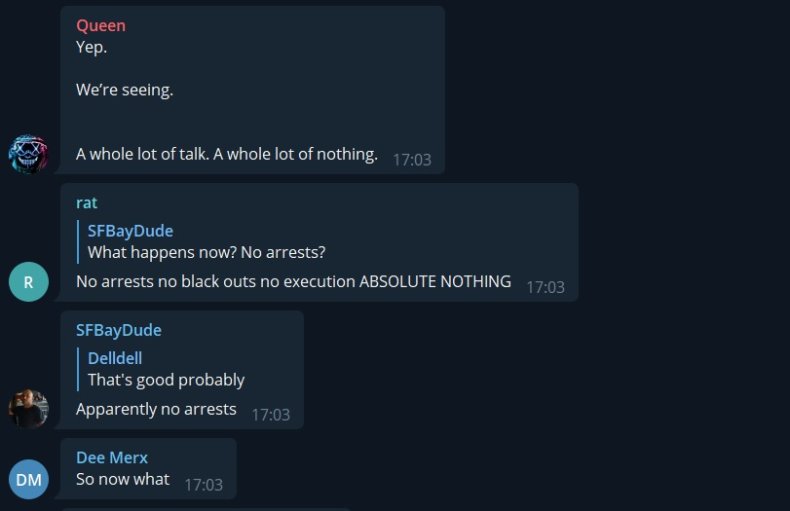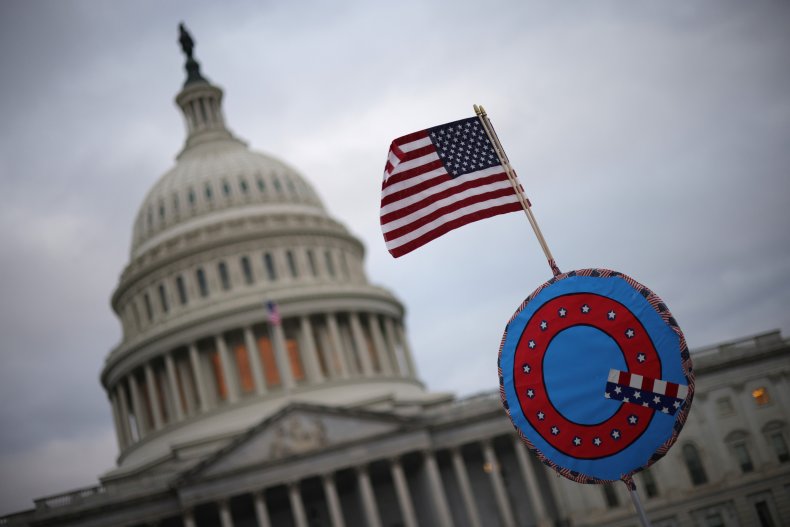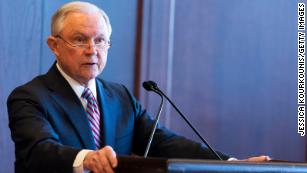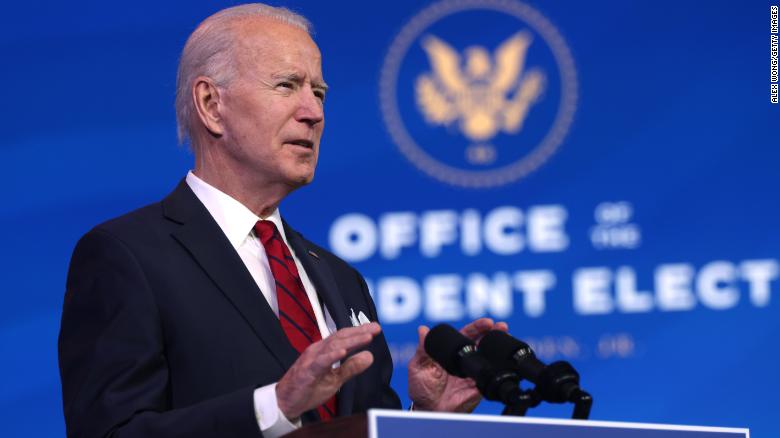

After caravan blocked, Honduran migrants turn anger on president
Gustavo Palencia and Lizbeth Diaz
Thu, January 21, 2021, 5:31 PM
TEGUCIGALPA/MEXICO CITY (Reuters) - Returned Honduran migrants are directing anger against their president this week after their U.S.-bound caravan was blocked by the region's security forces, accusing him of making their county unlivable while thwarting their escape to a better life.
Honduras is reeling from two back-to-back hurricanes that devastated Central America in November, as well as an historic economic contraction on the back of coronavirus pandemic.
President Juan Orlando Hernandez has also been under fire from U.S. prosecutors that have accused him of having ties to drug cartels, an allegation he has strongly denied.
An estimated 8,000 Hondurans sought to flee this week in a mass caravan hoping to reach the United States. But after regional governments, including Honduras, organized a coordinated military operation to repel the caravan, returned migrants are directing their frustration at their government.
More than 4,500 Hondurans, including more than 600 children, have been returned to the country by Guatemalan authorities over the last week.
Among them was 18-year-old Isaac Portillo, who said he felt so desperate upon his forced return to Honduras that he contemplated suicide.
Like other returned migrants, Portillo's despair quickly turned to anger. He plans to join a march on the capital Tegucigalpa on Friday – only one week after he tried to flee his shattered country.
"We're going to oust this narco-dictator," he said. "I already have my group ready."
The Honduran government did not respond to requests for comment. Hernandez has said the accusations against him come from traffickers angry at his government's crackdown on criminal networks.
WhatsApp, Facebook, and Telegram groups with thousands of members are buzzing with angry messages calling for Hernandez's ouster.
Honduras has been rocked by large anti-government mobilizations in recent years, although it is unclear whether a large protest will materialize on Friday.
Evidence introduced by U.S. prosecutors this month accused Hernandez of taking bribes from drug traffickers and has further stoked ire against the president, whose brother was convicted of drug trafficking in a U.S. court last year.
PRESSURE COOKER
Many Hondurans have been critical of what they say was a lackluster government response to the hurricanes, which caused nearly $2 billion in damages and forced over 90,000 people into emergency storm shelters. Authorities said they provided aid to thousands of families displaced by the storms.
Portillo said his family received no support from the government in the wake of the hurricanes. His father had already lost his job as a security guard when pandemic-related restrictions devastated the economy and his 14-year-old sister had to abandon her studies as the family sank deeper into poverty.
After being deported by Guatemalan authorities this week, Portillo once again found himself living under the bridge where he and his family sought refuge after their home was destroyed in November's floods. After he said the government threatened to evict them, the family fled again, this time to a relative's home.
"All I wanted to do was find work (abroad) so I could help my family and put my little sister back in school," Portillo said.
North-bound migration has traditionally offered Central American nations an escape to alleviate domestic discontent, but former U.S. President Donald Trump pressured regional governments to crack down on migrant flows.
While President Joe Biden has pledged to ease immigration policies and tackle the roots of the issue, there appeared little prospect of a rapid change how regional governments police migrants, particularly of mass movements like caravans.
Tonatiuh Guillen, former head of Mexico's immigration institute, said ongoing containment meant frustration could boil over.
"It's a pressure cooker," said Guillen, who has been critical of the increasing immigration enforcement by the region's militaries.
(Reporting by Laura Gottesdiener in Tapachula, Lizbeth Diaz in Mexico City, additional reporting by Gustavo Palencia in Tegucigalpa and Sofia Menchu in Guatemala City; Writing by Laura Gottesdiener, Editing by Daniel Flynn)
























